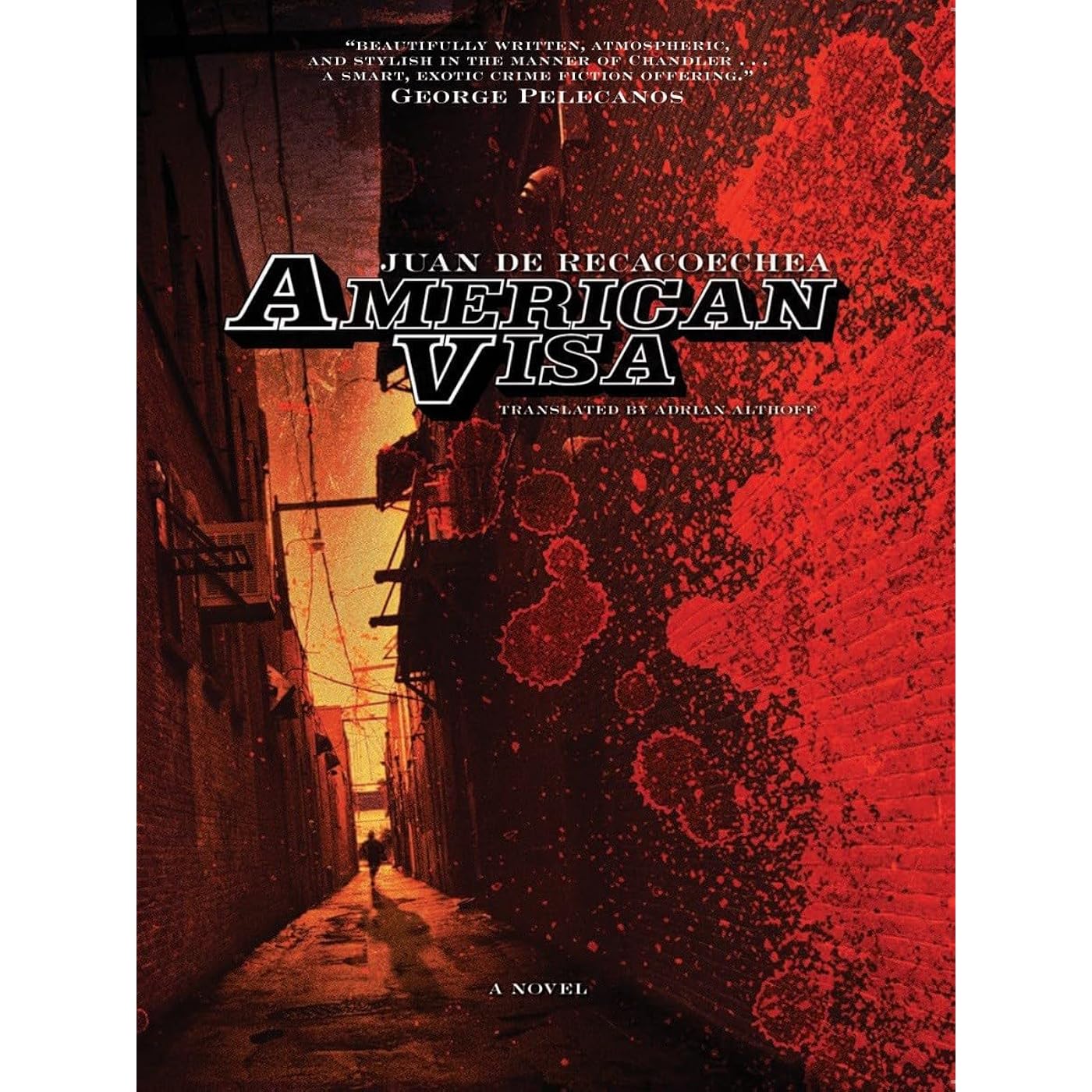

Ready to go? Add this product to your cart and select a plan during checkout. Payment plans are offered through our trusted finance partners Klarna, PayTomorrow, Affirm, Afterpay, Apple Pay, and PayPal. No-credit-needed leasing options through Acima may also be available at checkout.
Learn more about financing & leasing here.
This item is eligible for return within 30 days of receipt
To qualify for a full refund, items must be returned in their original, unused condition. If an item is returned in a used, damaged, or materially different state, you may be granted a partial refund.
To initiate a return, please visit our Returns Center.
View our full returns policy here.
Description
Bolivia’s 1 novel is finally translated into English. Translated by Adrian Althoff, with an afterword by Ilan Stavans.“American Visa, the best-selling novel in Bolivian history, relates the harrowing and hilarious adventures Mario Alvarez endures in his quest to get a visa so he can visit his son in Miami.” ―Boston Globe“Quite possibly Bolivia’s baddest-ass book . . . Ironic that Juan de Recacoechea’s protagonist spends all his time trying to get to America, when it is we who should be getting to Juan de Recacoechea.” ―Miami Sun-PostArmed with fake papers, a handful of gold nuggets, and a snazzy custom-made suit, an unemployed schoolteacher with a singular passion for detective fiction sets out from small-town Bolivia on a desperate quest for an American visa, his best hope for escaping his painful past and reuniting with his grown son in Miami.Mario Alvarez’s dream of emigration takes a tragicomic twist on the rough streets of La Paz, Bolivia’s seat of government. Alvarez embarks on a series of Kafkaesque adventures, crossing paths with a colorful cast of hustlers, social outcasts, and crooked politicians―and initiating a romance with a straight-shooting prostitute named Blanca. Spurred on by his detective fantasies and his own tribulations, he hatches a plan to rob a wealthy gold dealer, a decision that draws him into a web of high-society corruption but also brings him closer than ever to obtaining his ticket to paradise. Read more
Publisher : Akashic Books, Ltd.; First Edition (April 1, 2007)
Language : English
Paperback : 264 pages
ISBN-10 : 1933354208
ISBN-13 : 00
Item Weight : 9.9 ounces
Dimensions : 5.5 x 0.7 x 8.6 inches
Best Sellers Rank: #3,174,267 in Books (See Top 100 in Books) #75 in Bolivia Travel Guides #3,630 in Hispanic American Literature & Fiction #94,559 in Crime Thrillers (Books)
#75 in Bolivia Travel Guides:
#3,630 in Hispanic American Literature & Fiction: